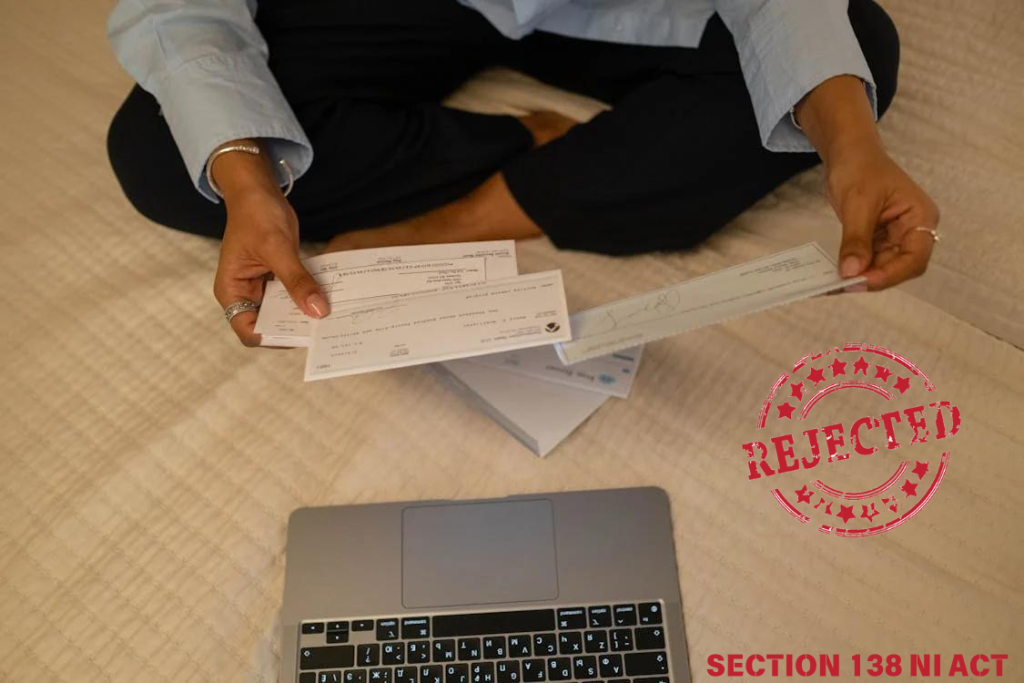The recent transition from the Code of Criminal Procedure (Cr.P.C.) to the Bharatiya Nyaya Sanhita (B.N.S.) and the Bharatiya Nagarik Suraksha Sanhita (BNSS) has raised several important legal questions regarding the handling of cases that straddle this change. This blog aims to clarify the implications of this transition based on a recent judgment passed by Allahabad High Court in a case titled “Deepu & Ors. Vs. State of U.P. & Ors.” bearing Criminal Misc. Writ Petition No. – 12287 of 2024 where while dealing with the question of “what would be the procedure of investigation, if the F.I.R. is registered after the commencement of new criminal laws for the offence committed prior to the enforcement of new criminal laws?”
While dealing with the abovesaid question the Hon’ble court relied on various judgments of the Supreme Court and various other High Courts on the effect of repealed provision by way of amendment in pending cases and culled out the legal position which is as follow:-
i.) That amended/repealed procedural law will be applicable retrospectively unless otherwise provided in the new Act itself;
ii.) Liability or right accrued under the repealed Act will not be affected and same will continue as if the repealing Act did not come into force;
iii.) Procedure of investigation, trial, revision and appeal as well as a forum of remedy is part of procedural law, and the same will be applicable retrospectively unless otherwise provided in the new procedural law;
iv.) Litigants have no vested right in procedural law but has vested right in substantive law with accrued right or liability. The statute which not only changes the procedure but also creates new rights and liabilities, shall be construed to be prospective in nature unless otherwise provided.
Based on the abovesaid legal position the Hon’ble court summarises the law regarding effect of repealing the IPC and Cr.P.C. by BNS and BNSS respectively and same is being mentioned as below:
A.) FIR Registration for Offences Committed Prior to 1.7.2024
If an FIR is registered on or after July 1, 2024, for an offence committed prior to that date, the FIR will be registered under the provisions of the Indian Penal Code (I.P.C.), but the investigation will continue as per the Bharatiya Nagarik Suraksha Sanhita (BNSS)1.
B.) Pending Investigations on 01.07.2024
In the case of a pending investigation on July 1, 2024, the investigation will continue as per the Cr.P.C. until cognizance is taken on the police report. If the competent Court directs further investigation, it will also continue under the Cr.P.C.1.
C.) Cognizance and Subsequent Proceedings
Cognizance on any pending investigation on or after July 1, 2024, will be taken as per the BNSS, and all subsequent proceedings, including enquiry, trial, or appeal, will be conducted according to the procedures outlined in the BNSS2.
D.) Section 531(2)(a) of BNSS
Section 531(2)(a) of the BNSS saves only pending investigations, trials, appeals, applications, and enquiries. Therefore, if any trial, appeal, revision, or application is commenced after July 1, 2024, it will proceed as per the procedures of the BNSS2.
E.) Appeals Against Pending Trials
If a pending trial on July 1, 2024, concludes on or after that date, any appeal or revision against the judgment passed in such a trial will be governed by the BNSS. However, if any application is filed in an appeal that was pending on July 1, 2024, the procedure of the Cr.P.C. will apply1.
F.) Challenging Criminal Proceedings in High Court
If a criminal proceeding or chargesheet is challenged before the High Court on or after July 1, 2024, where the investigation was conducted under the Cr.P.C., it will be filed under Section 528 of the BNSS, not under Section 482 of the Cr.P.C.2.
The judiciary has emphasized that while procedural laws can be applied retrospectively, substantive rights must be preserved. This means that any changes in procedural law should not create new obligations or disabilities for actions that have already occurred. The courts have also clarified that litigants have vested rights in substantive law, which must be respected even as procedural laws evolve.
Conclusion
The shift to the Bharatiya Nyaya Sanhita and BNSS marks a significant change in the Indian legal landscape. Understanding the implications of these changes is crucial for legal practitioners and individuals navigating the justice system. As the judiciary continues to interpret these new laws, it will be essential to monitor how they affect ongoing and future legal proceedings. The balance between procedural efficiency and the protection of substantive rights will be a key focus in the coming years.









